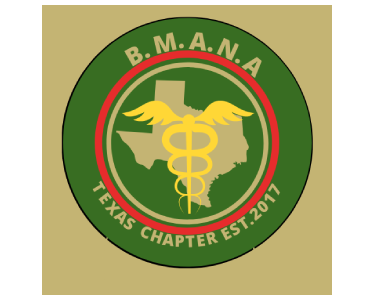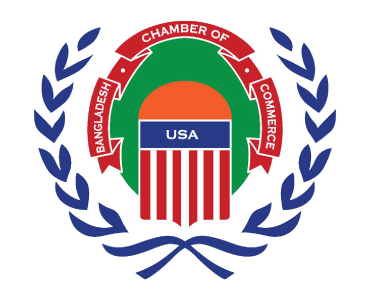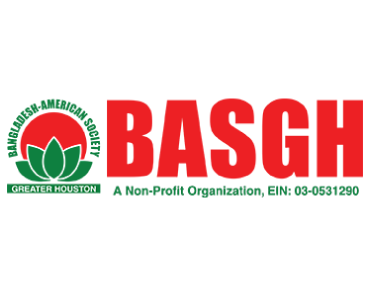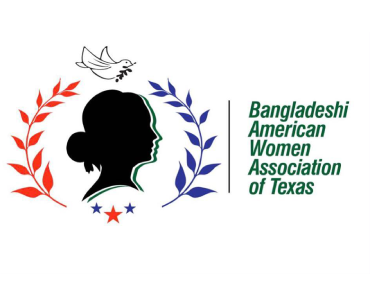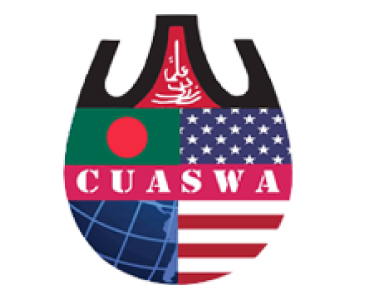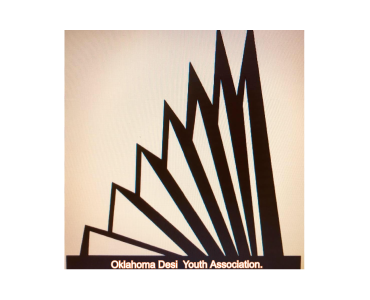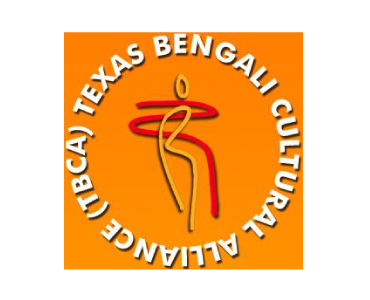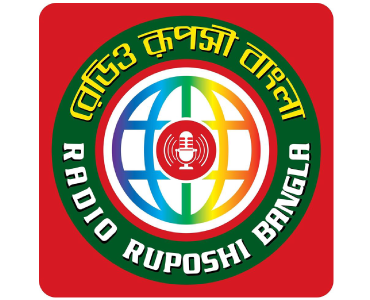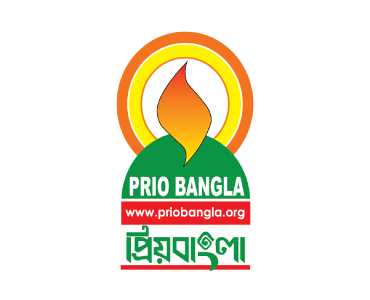COVID-19 Helpline for Bangladeshi in USA:
(214)-446-8890 talk with real life Bangladeshi Doctor or Email: communityhelpline.texas@gmail.com for further instructions. Be healthy yourself and help the person next to you.

If you are experiencing symptoms of COVID-19 and may have had contact with a person with COVID-19, or recently traveled to countries with apparent community spread, call your health care provider before seeking medical care so that appropriate precautions can be taken.
California has partnered with Verily’s Project Baseline to launch a community COVID-19 testing program to expand screening and testing for high-risk individuals in certain areas of the state. High-risk individuals located in Santa Clara or San Mateo counties, or within 50 miles of the cities of Riverside or Sacramento, can complete the screener to see if they qualify for testing through this program. Potential participants need internet access and a Google account.
